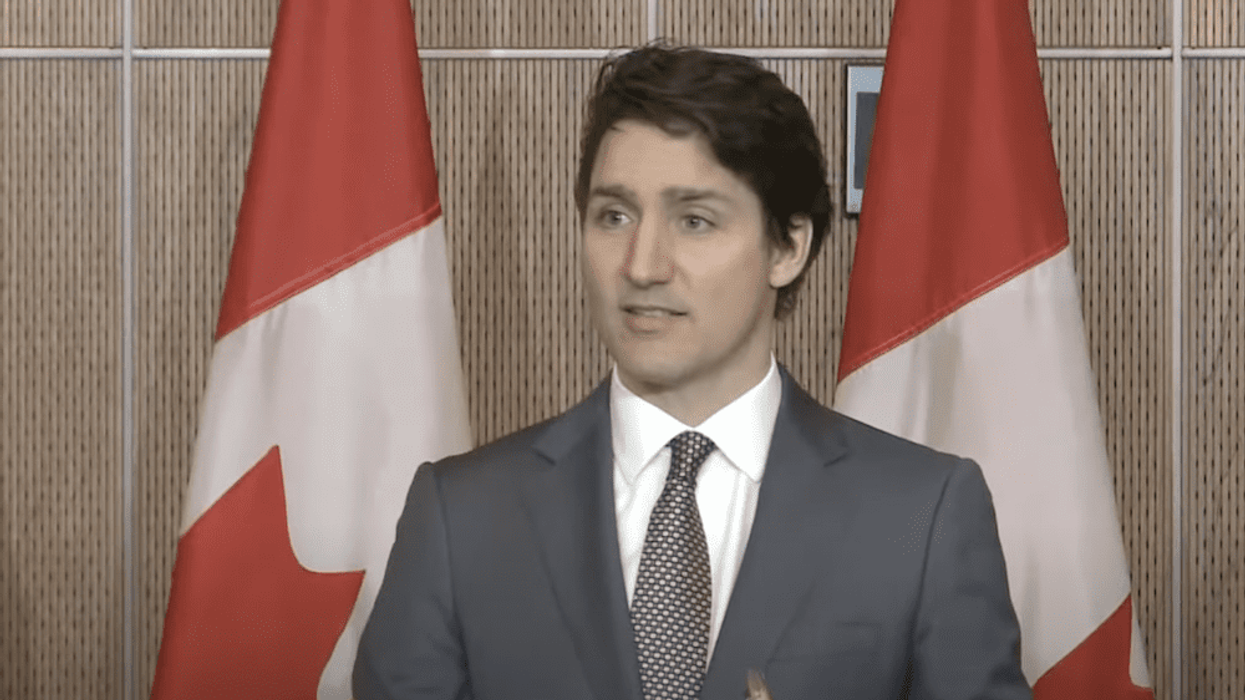A new governance deal between the federal Liberals and New Democratic Party has set the stage to tackle several NDP priorities in exchange for their support of the current government until 2025.
"We're different political parties, we stand for different things, but where we have common goals, we cannot let our differences stand in the way of delivering what Canadians deserve," Prime Minister Justin Trudeau said during the announcement on Tuesday morning. "That's why we're taking this step. Both parties have identified key policy areas where we share similar objectives and we've agreed to work together to put the needs and interests of Canadians first."
Following the announcement, the two parties released a list of priorities that they have agreed to continue working on. Among them are proposals for several new housing-related policies, as well as calls for a number of ongoing housing initiatives to continue.
Notably, the NDP and Liberals call for the implementation of a Homebuyer's Bill of Rights and "tackling the financialization of the housing market by the end of 2030." No specifics on either point were provided in the release, however, Trudeau has previously promised the Bill of Rights as part of the Liberal's housing plan. According to the Liberal's website, it would include provisions that ban blind bidding, establish a legal right to a home inspection, ensure total transparency on the history of recent house sale prices on title searches, ensure mortgage deferrals up to six months in the case of a major life event, and require mortgage lenders to act in your best interest.
The list of NDP-Liberal priorities also calls for the inclusion of a $500 one-time top-up to the Canada Housing Benefit in 2022 that could be renewed each year "if cost of living challenges remain."
The two parties also agreed to move forward on a Housing Accelerator Fund -- a part of the Liberal's housing plan that calls for the investment of $4B to grow the annual housing supply in the country's largest cities every year, with a target of creating 100,000 new middle-class homes by 2024-2025.
Another focus will be a one-year extension of the Rapid Housing Initiative (RHI), a federal program that provides capital contributions to expedite the delivery of affordable housing. A recent report from the National Housing Council found that the RHI is the only federal affordable housing program that appears likely to produce rents that will meet the needs of low-income households.
That same report found that the Rental Construction Financing (RCF) Initiative, which is responsible for the bulk of federally funded "affordable" rental units, “regularly produces units with rents well in excess of average market rent in their areas." As part of their deal, the two federal parties will re-focus the RCF Initiative on affordable units under 80% average market rent (AMR) and will use 80% AMR or below as the new definition of affordable housing under this program.
Despite their now-shared goals, the joint NDP-Liberal release states that they will continue to have disagreements and will still seek to work with other parties in Parliament.
"Both parties believe strongly in Parliament’s role to hold the government to account," the release states. "Nothing in this agreement will undermine that critical function. The parties will not always agree. The government will pursue elements of its agenda that the NDP may oppose and nothing in this agreement prevents either party from doing that. Both parties will continue to seek to work with other parties in Parliament on the priorities that are the subject of this agreement and for other objectives."





















